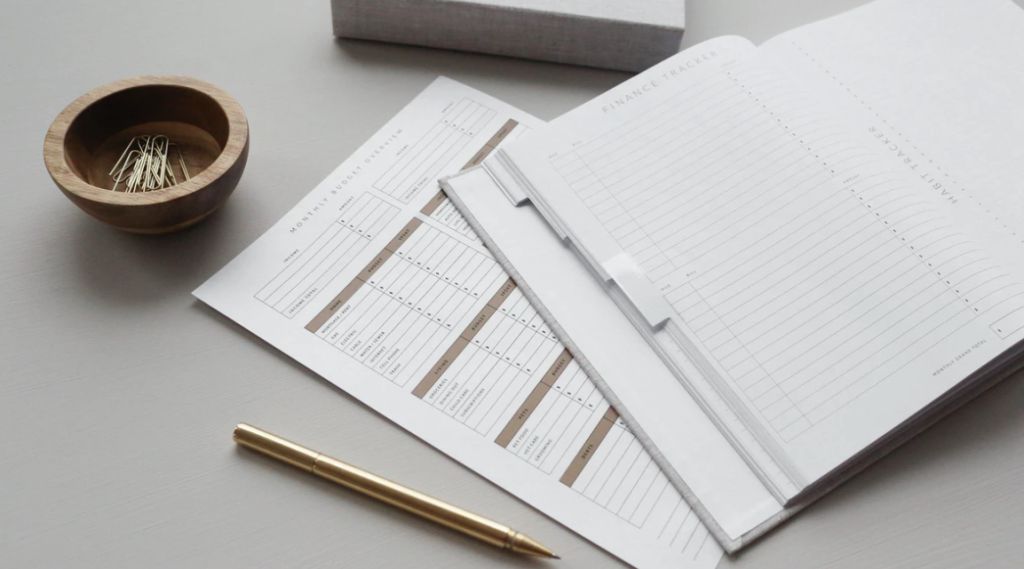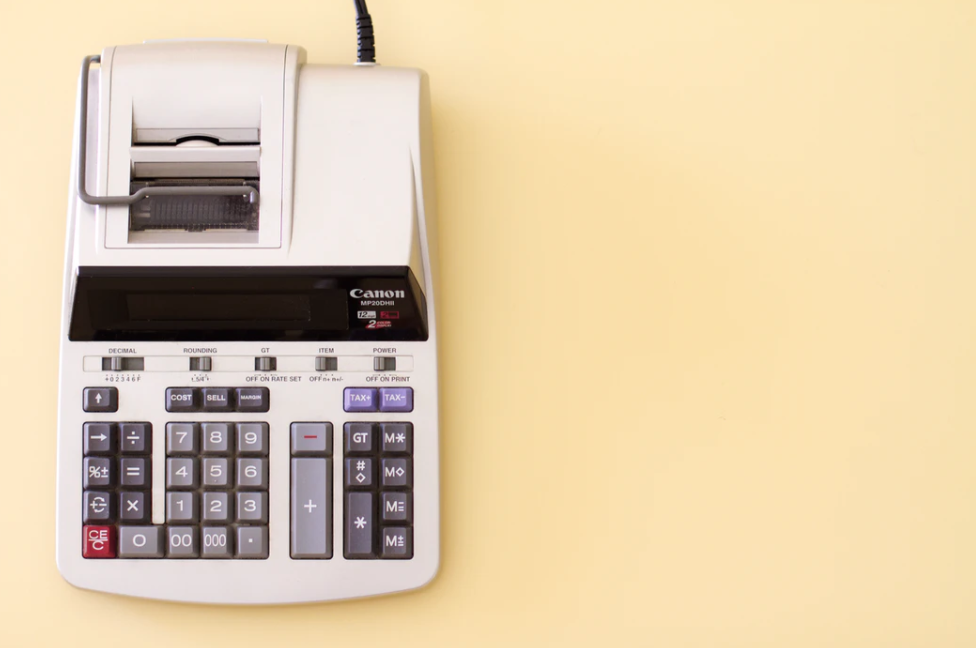Knowing how to properly manage your money should be a prioritized skill in your life. Budgeting with a regular paycheck can be tough on its own, throw no income on that instead, and it can shape up to be a real problem. So what can you do to budget better without an income?
KNOW YOUR NEEDS:
The first step in making a budget without an income is to know what your needed expenses are. This includes things like weekly groceries, rent/house payments, gas for transportation, etc. Essentially, the key here is to know what expenses you cannot live without and make them a priority. Without an income, you must only spend what you need to. So find out what things you or your family cannot live without and make those things your top priority with your budget.

WHERE CAN YOU SAVE?
This is a classic budget step. What costs can you cut out? Do you really need to be spending that much on that specific item or service? This can even be applied to the expenses you need. Things like rent and house payments are not avoidable, but spending $150 a week on groceries? Can you live with fewer groceries or maybe even look for cheaper alternatives to the food you’re buying while you’re at the store? The trick here is to do the opposite of finding your needs and see what things can be cut out or what costs can be lowered. Search for non-name brand food items and cut out costs on unnecessary things. This doesn’t mean you can never buy something you simply just want, but without an income, you must carefully watch out for spending too much on “wants” rather than “needs.”
EMERGENCY MONEY:
Once you have established what costs you can cut out and what expenses are essential to living, you can assess what money you have left and set it aside. Consider this your emergency money. Use this only when you absolutely have to. Maybe your car broke down or there’s a problem with where you’re living. This money will be set aside only for emergencies or when unexpected issues occur.
Being able to understand what you do and don’t need to spend money on is the key to budgeting. Without a regular income, budgeting gets much more difficult. However, if you can truly analyze the money you have and where you can cut costs at without hurting your standard of living, you’ll be in great shape!
Times may be tough, but they won’t last forever. You’ve got this!

